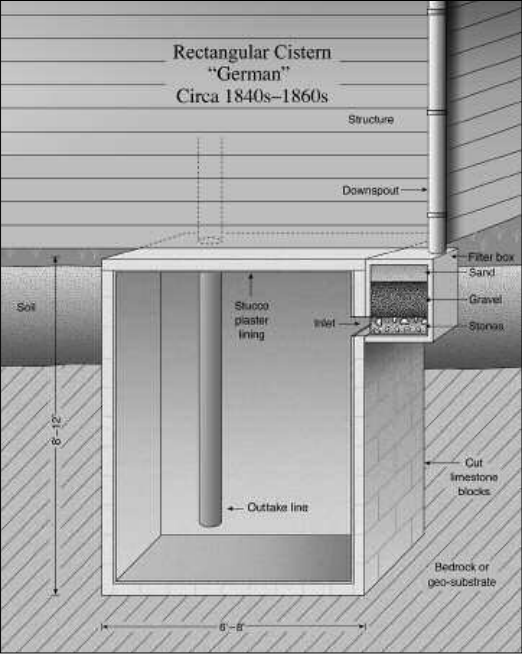
“Trust the experts.” Yes, but which ones? The microbiologists who for over 30 years have been saying wooden cutting boards are much safer than plastic cutting boards? Or the food safety experts who forced every restaurant you have ever visited to use plastic cutting boards?
https://twitter.com/wrathofgnon/status/1230036331364937729
“Trust the experts.” Yes, but which ones? The epidemiologist who say masks are vital or the epidemiologists who says masks don't matter because the virus isn't airborne? Or the experts in fluid dynamics that can convincingly model how virus carrying droplets move through air? 

“Trust the experts.” Yes but which ones? The epidemiologist who can tell you if 5 feet or 7 feet is a safe distance but won't tell you to lose weight to up your survival chances? Or the nurse at the local clinic who will lose her job for telling her patients to get in shape? 



“Trust the experts.” Yes but which ones? The Phd in agriculture and the engineers who tells you to ditch the water buffalos and go with tractors, or the village priest whose family have been farming these lands successfully for over one hundred generations?
https://twitter.com/wrathofgnon/status/1338134344045535233
• • •
Missing some Tweet in this thread? You can try to
force a refresh





























